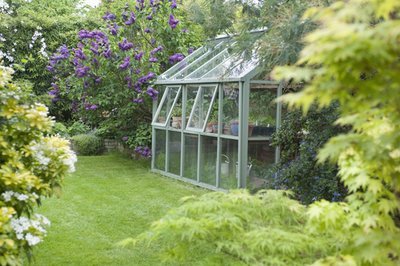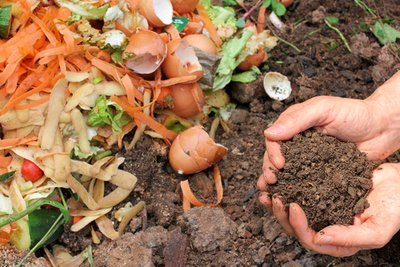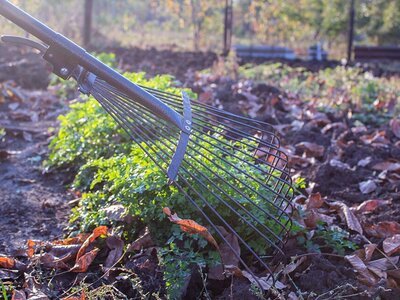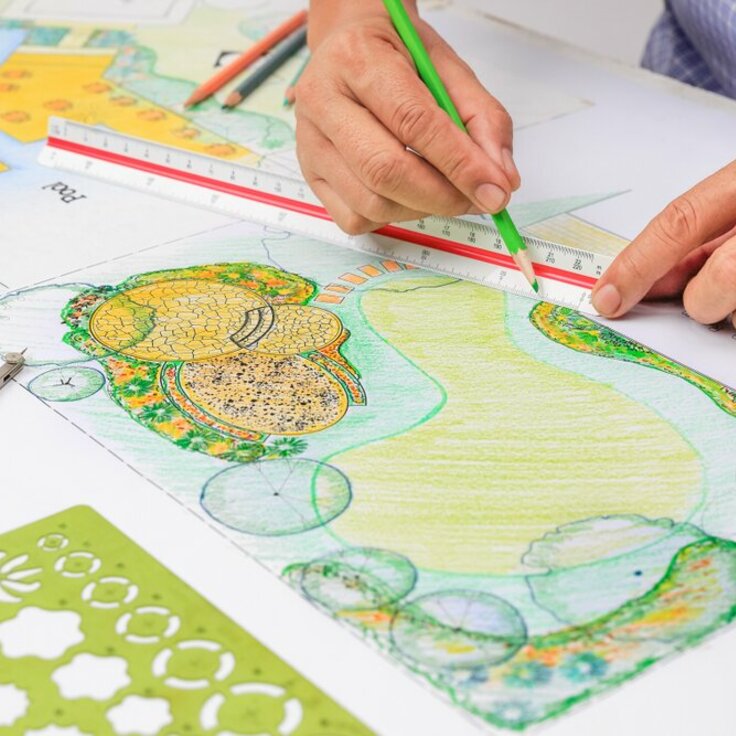Learn How to Start Vegetable Gardening for Beginners
Starting a vegetable garden is a rewarding experience for anyone who wants to enjoy fresh produce and get closer to nature. However, for beginners, it can be overwhelming to know where to begin. In this article, we will guide you through the process of starting a vegetable garden, step-by-step.
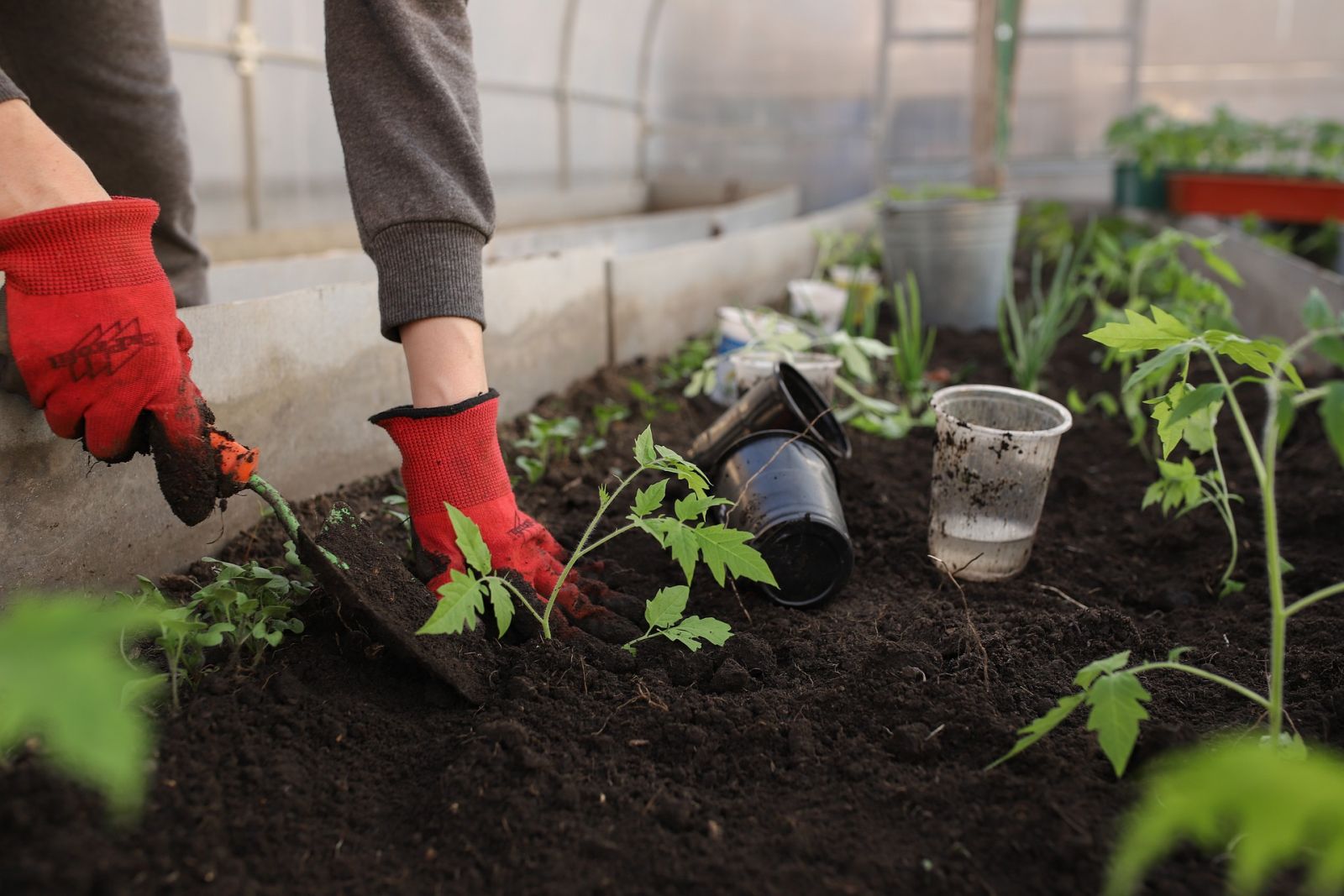
Planning Your Vegetable Garden
Before you start digging in the dirt, it's essential to plan your vegetable garden. Here are some things you should consider:
Choosing the Right Location
The first step is to choose the right location for your garden. Pick a spot that receives at least six hours of sunlight every day, and has good soil drainage. Avoid areas that are too close to trees or other structures that could block the sunlight.
Determining the Size of Your Garden
The size of your garden will depend on the amount of space you have available and the amount of product you want to grow. If you're a beginner, start with a small garden that's easy to manage, and expand it gradually as you gain experience.
Selecting the Vegetables to Grow
Choose vegetables that are easy to grow and suitable for your climate. Start with a few varieties, and expand your selection over time. Some popular vegetables for beginners include tomatoes, peppers, cucumbers, and lettuce.
Preparing Your Vegetable Garden
Once you have planned your vegetable garden, it's time to prepare the soil and get it ready for planting.
Testing the Soil
Testing the soil is an essential step in preparing your vegetable garden. You can purchase a soil testing kit from your local gardening center or extension office. The test will tell you about the pH level, nutrient content, and texture of your soil. Based on the results, you can make adjustments to improve the soil quality.
Adding Compost and Fertilizer
Compost and fertilizer are crucial for providing essential nutrients to your plants. Add compost to your garden to improve soil fertility and structure. You can also add organic fertilizers such as bone meal or fish emulsion to give your plants a boost.
Planting Your Vegetable Garden
Now that you have planned and prepared your vegetable garden, it's time to plant your vegetables.
Starting Seeds Indoors
You can start your seeds indoors a few weeks before the last frost. Use a seed starting mix and keep the soil moist until the seeds germinate. Once the seedlings are established, you can transplant them into your garden.
Direct Sowing
Direct sowing involves planting seeds directly into the soil. Follow the instructions on the seed packet to determine the proper planting depth and spacing.
Maintaining Your Vegetable Garden
Maintaining your vegetable garden is critical for ensuring a successful harvest. Here are some tips for keeping your garden healthy and productive:
Watering
Water your garden regularly, especially during hot and dry weather. Make sure the soil stays moist but not waterlogged.
Weeding
Weeds can compete with your vegetables for nutrients and water. Pull them out regularly to keep them under control.
Pest Control
Pests can cause significant damage to your garden. Use organic pest control methods such as companion planting, handpicking, or natural sprays to keep them at bay.
Harvesting Your Vegetables
The final step in starting a vegetable garden is to enjoy the fruits of your labour. Harvest your vegetables when they are ripe, and enjoy them fresh or preserve them for later.
Conclusion
Starting a vegetable garden may seem daunting at first, but with a little planning and preparation, anyone can do it. By following the steps outlined in this article, you can start a successful vegetable garden that will provide you with fresh, healthy produce throughout the growing season. Remember to plan your garden carefully, prepare the soil, choose the right vegetables, and maintain your garden regularly. With a little patience and dedication, you'll soon be enjoying the fruits of your labour and the satisfaction of growing your own food.

